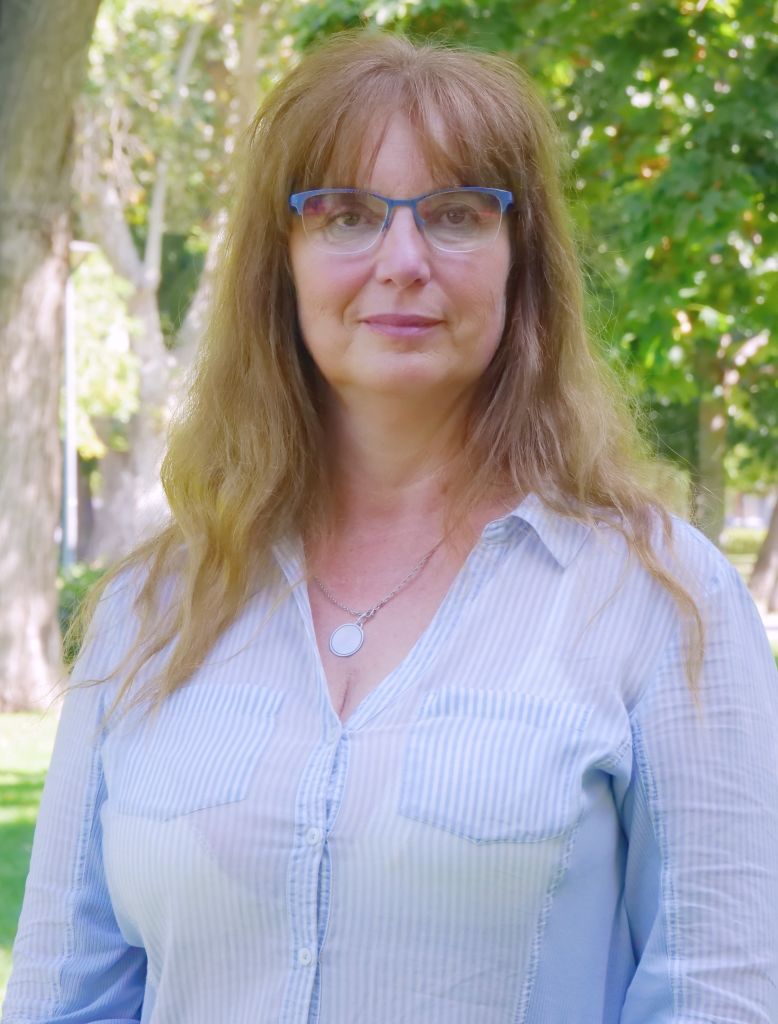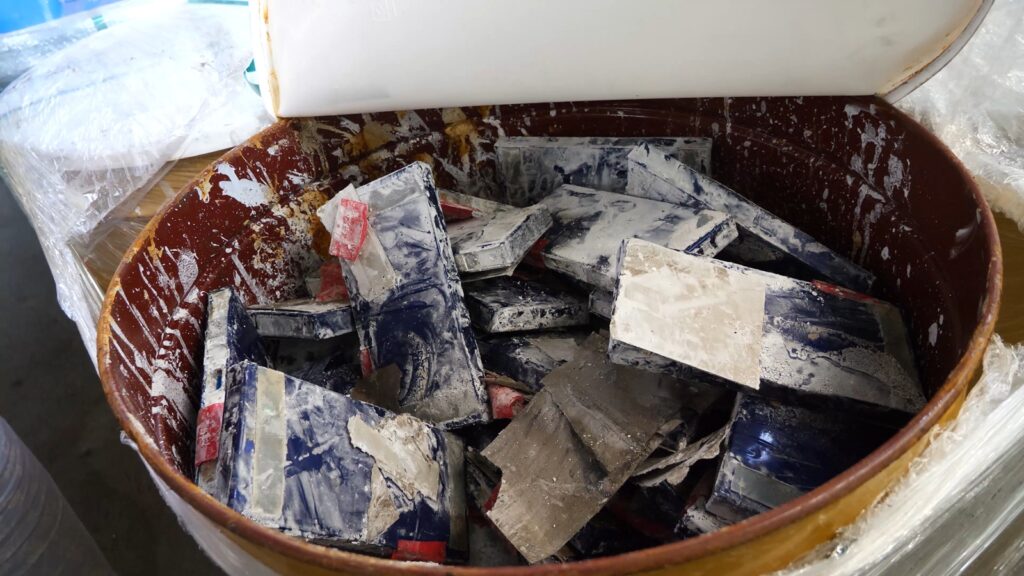The https://english.atlatszo.hu use cookies to track and profile customers such as action tags and pixel tracking on our website to assist our marketing. On our website we use technical, analytical, marketing and preference cookies. These are necessary for our site to work properly and to give us inforamation about how our site is used. See Cookies Policy
After two years, the illegal battery waste warehouse we uncovered has been cleared
For nearly two years, 1,700 tonnes of hazardous battery waste, stinking of solvents, were stored in unprotected warehouses on the site of the former Abasár barracks, while the authorities issued unsuccessful notices to remove the waste. In April, the Heves County Government Office published documents stating that the illegal storage had been closed down. Some of the waste was collected by SungEel Ltd. was shipped to South Korea, but about 1,000 tonnes were returned to the company’s plant in Bátonyterenye. And although the authorities had previously banned the storage of such waste there, they re-authorised its collection in December 2024.
In Átlátszó we have reported several times that large quantities of hazardous battery waste from the battery processing plant in Bátonyterenye have been illegally stored in several places in the country (Iklad, Mohora, Aszód, Abasár).

In the summer of 2023, we reported about the illegal storage of stinking battery waste in two halls of the former barracks in Abasár. We then reported that the Heves County Government Office had ordered the contractor responsible for the environmentally hazardous storage, Tibor Karácsony, to remove the hazardous waste. The Authority’s statement did not name the processing plant in Bátonyterenye – and the company operating it, SungEel Ltd – from which the battery waste was transferred to Abasár.
The authority described: “In setting the amount of the fine, I took into account that the storage of large quantities of hazardous waste without a permit and without official control, in particular in view of the nature and characteristics of the waste, resulted in a risk to the environment.”
According to documents released on 14 April, the battery waste was eventually disposed of by SungEel Ltd. around 185 tonnes were first taken to the Székesfehérvár site of Ózon Environmental Services Ltd. in October 2023.
The waste management licence of Ózon Ltd., which collects and trades 600,000 tonnes of waste a year, allows the company to accept waste with the code number 19 12 11 only for collection and trade. The company told Átlátszó that they did indeed receive such waste from SungEel Ltd, but that it was transferred to a company licensed to handle such waste. “The above-mentioned waste has been transferred to a waste management company licensed for that purpose after a transitional period. Currently, there is no such waste at any of the company’s sites,” they wrote. No information was provided on where the hazardous waste was subsequently disposed of.
The Ózon Ltd. is the family interest of Zoltán Velez, who is known as a backbencher of the Hungarian Socialist Party (MSZP); no environmental permit was required for the company’s Székesfehérvár site, as the authority says the activities there have no significant environmental impact. According to the National Environmental Protection and Information System, the company has not been fined once for environmental violations.
In the summer and autumn of 2024, 500 tonnes of discarded batteries stored in Abasár will be used by SungEel Ltd. was shipped to South Korea. However, there are still around a thousand tonnes of waste batteries in the Abasár warehouses. The removal of this waste only started at the beginning of 2025 – and according to delivery notes and records, between January and March, the drums, containing around 1,000 tonnes of environmentally hazardous (ecotoxic) waste, were returned to SungEel’s plant in Bátonyterenye.
However, the authority justified the earlier suspension of the operation of the battery processing plant in Bátonyterenye precisely because of the irregular, unauthorised storage of this type of hazardous waste, which smells strongly of solvents: the plant “disposed of large quantities of solvent-containing (H14) environmentally hazardous and ecotoxic waste with hazardous characteristics in a short period of time, in a manner other than authorised (HAK 19 12 11)”. The company was ordered to remove the “over-stored” waste under official control, which took 10 months.
Then, when the Bátonyterenye plant was allowed to restart in June 2024, the company stated that it would not accept this type of waste in the future, Átlátszó reported.
However, according to a new permit issued in December 2024, hazardous waste with the code 19 12 11 can still be collected in Bátonyterenye. Since we wanted to know how long the 1000 tons of hazardous waste returned from Abasár would be stored in Bátonyterenye and to whom it would be handed over for disposal, we contacted SungEel Ltd. and the Nógrád County Government Office.
SungEel did not respond to a press request. The Nógrád County Government Office wrote that this type of waste can be collected in Bátonyterenye for up to one year. “After that, the waste must be managed immediately. The company may transfer the waste to a licensed waste management company. In case the waste is to be shipped abroad, the National Waste Management Authority is responsible for checking the documents and conditions of shipment of the loads.”
Unfortunately, the authorities are still not telling us which companies in Hungary are responsible for the final disposal of battery waste and where the environmentally hazardous materials are going. Nor do they provide information on who is responsible for illegal storage.
Written and translated by Zsuzsa Bodnár.This story was produced with the support of the Shared Values Programme. Cover photo: Battery waste containing solvents and hazardous to the environment, illegally dumped in Abasár.
Share:
Your support matters. Your donation helps us to uncover the truth.
- PayPal
- Bank transfer
- Patreon
- Benevity
Support our work with a PayPal donation to the Átlátszónet Foundation! Thank you.
Support our work by bank transfer to the account of the Átlátszónet Foundation. Please add in the comments: “Donation”
Beneficiary: Átlátszónet Alapítvány, bank name and address: Raiffeisen Bank, H-1054 Budapest, Akadémia utca 6.
EUR: IBAN HU36 1201 1265 0142 5189 0040 0002
USD: IBAN HU36 1201 1265 0142 5189 0050 0009
HUF: IBAN HU78 1201 1265 0142 5189 0030 0005
SWIFT: UBRTHUHB
Be a follower on Patreon
Support us on Benevity!

